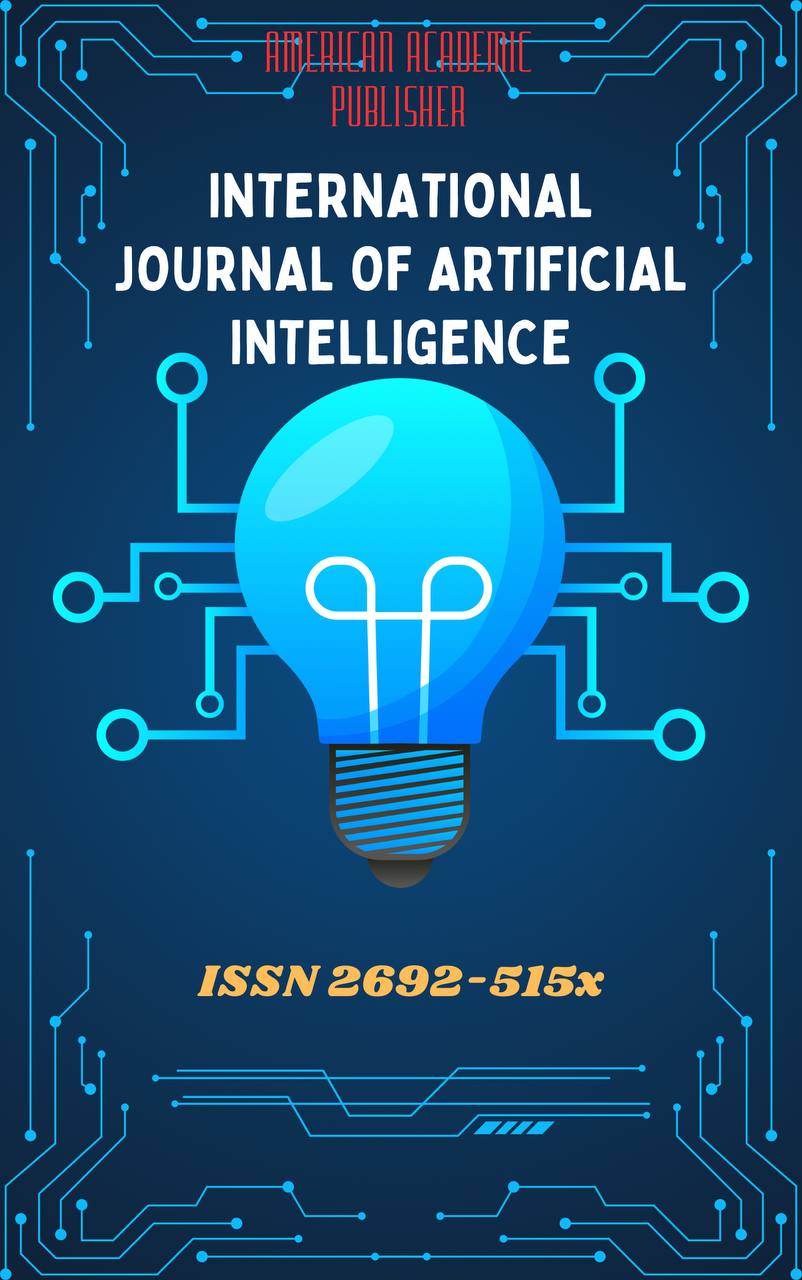 Articles
| Open Access |
Articles
| Open Access | PROFESSIONAL TRAINING OF STUDENTS IN TECHNOLOGY EDUCATION
Ermatova Mekhriniso Bekmuradovna , Denov entrepreneurship and pedagogy Institute teacherAbstract
This article analyzes innovative approaches to vocational training based on modern requirements in technological education. Modern methods are highlighted that serve to form students' practical skills, independent decision-making in problem situations, creative thinking, and the development of professional competencies. In particular, the STEAM approach, project-based learning, digital technologies, robotics, artificial intelligence, and 3D technologies are considered in the educational process. The article reveals approaches aimed at increasing the effectiveness of innovative methods in technological education.
Keywords
technology education, vocational education, innovative approaches, digital technologies, modern teaching methods, STEAM education, project-based learning, practical skills, robotics, artificial intelligence, 3D technologies, virtual reality (VR), digitalization in education, competency-based approach, labor market requirements, pedagogical innovations, creative thinking, student-centered education, modern pedagogy, interactive methods.
References
M.X. Shomirzayev Dissertation on interdisciplinary improvement of spectral-variant components of national crafts in school technology education … PhD/Termiz 2021
G.M. Mirzaeva Dissertation on Improving the Methodology for Developing Technological Competencies in Students' Study of Folk Crafts ( Technological Education ) … PhD/- Tashkent–2024
M.F. Khudoykulova Technologies for developing students ' creative abilities in national crafts dissertation … PhD/- Tashkent–2020
М.Х.Shомирзаев Innovative processes in Uzbek national crafts. Educational and methodological manual. Tashkent "New edition" 2017
M.B.Ermatova Developing teaching of folk applied arts to students based on a creative approach to education Monograph. Termez . 2025
Article Statistics
Downloads
Copyright License

This work is licensed under a Creative Commons Attribution 4.0 International License.

